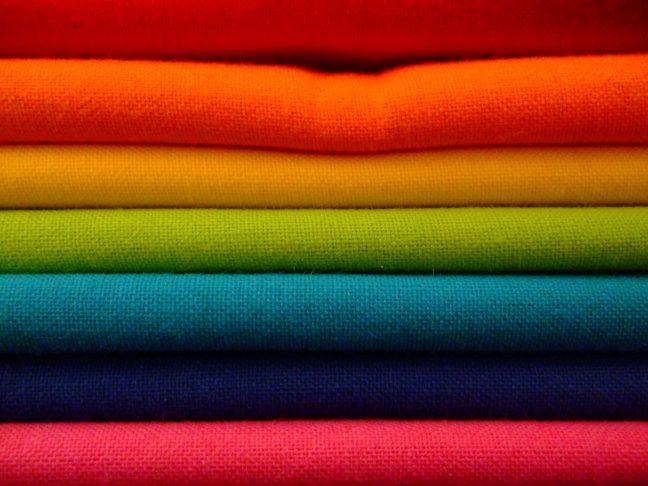Fair Indigo, a local clothing company located in Madison, was recently recognized nationally for its leadership in creating clothing through environmentally and socially sustainable initiatives.
It was one of three national companies to win the Green America’s People & Planet Award, which is given to companies for their work in making the economy sustainable. With the award, Fair Indigo will receive $5,000.
Robert Behnke, president and co-founder of Fair Indigo, said he originally got the idea for the business before fair trade was something people discussed.
When Behnke was working in mainstream apparel, he went to Thailand as part of sourcing trips for his job. He said he went to a sweater factory and noticed a huge disconnect between the country itself and the product they were making.
“We are in Thailand, a really tropical, hot country and people are making sweaters,” Behnke said. “There’s thousands of people halfway around the world wearing these sweaters who will have never known where they came from, who made them, how they came into existence or the story behind them.”
Fair Indigo uses a fair trade model that focuses on providing workers with fair wages and customers with sustainably-sourced products.
Meeta Mastani hopes to bring confidence to students during her fall residency
Behnke said almost all of their clothing is made in Peru where the company works with small businesses and worker-owned co-operatives.
With their prize money, Behnke said Fair Indigo plans to create mini-documentary style viral videos to connect consumers with the clothing creation process, focusing on the farmers and workers who actually make the clothes.
To create their clothing, Fair Indigo uses organic pima cotton grown on small family farms and Oeko-tex certified dyes that are deemed safe for human skin contact.
In addition to environmentally friendly production processes, another way to promote sustainability in the clothing industry is by reducing consumption and changing consumer attitudes toward clothing purchases, Majid Sarmadi, Rothermel-Bascom Professor at the School of Human Ecology at the University of Wisconsin, said.
In photos: One student’s trash becomes another’s treasure on Hippie Christmas
Sarmadi said closets are bursting with items because people buy so many clothing items. To create clothing, each garment requires a lot of water.
According to National Geographic, creating a single cotton t-shirt requires 766 gallons of water. Sarmadi said people can help the environment by reducing consumption, which consequentially reduces the amount of water used.
“Any t-shirt that you don’t purchase, you save 766 gallons of water,” Sarmadi said. “Any one single t-shirt that you don’t buy if you don’t need it, you are helping the environment.”
Behnke said as a way to reduce the amount of water used to grow the cotton for clothing, the family farms in Peru try to use natural irrigation techniques from the Andes Mountains through melted snow.
Still, natural products like cotton often require more electricity due to an increased amount of pressing or ironing, Sarmadi said. Additionally, the dyes used to make the clothing are often sent into streams and rivers, contaminating groundwater.
Sarmadi said there are a lot of issues to discuss when deciding whether something is good or bad in terms of sustainability.
Either way, Fair Indigo hopes to achieve social and environmental sustainability by focusing on reducing their environmental impact and providing workers with a fair wage. Behnke said Fair Indigo is also trying to create a bigger market for their sustainable products to reduce commercial manufacturing.
“The thing that we do everyday is say to ourselves, instead of selling 1000 t-shirts, how can we sell 2000 t-shirts,” Behnke said. “For every organic t-shirt we sell, that means there might be one conventional one that wasn’t sold.”















